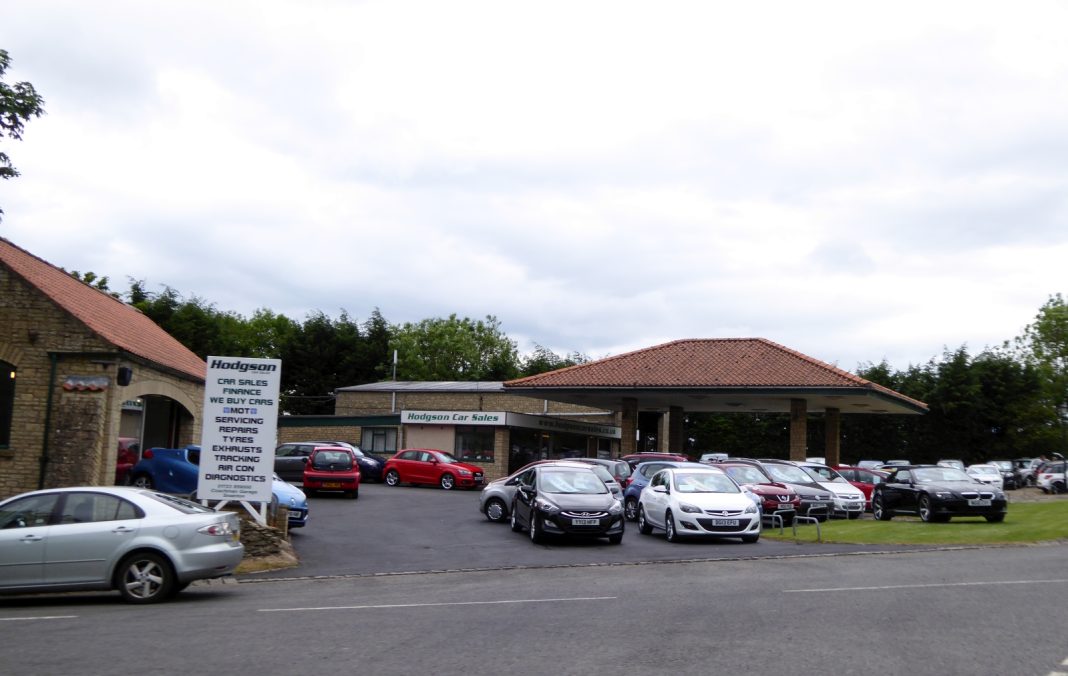Buying a used car is a great way to reduce upfront costs and your monthly expenses. But it’s essential to be cautious when purchasing a used car. While some offer excellent value, others can leave you with unexpected and costly repairs. So, here are some key things to look out for when buying a used car.
Do Your Research
Whether you have a specific car in mind or are still browsing for makes and models you admire most, it’s important to conduct some research into the car(s) you’re interested in. Some cars are known for their reliability, while others have well known faults that you may want to be aware of.
Check the History of the Car
It’s vital that you inspect the car’s history. You can do this by entering your VIN (Vehicle Identification Number) free car report online to get a full report on the car’s background, including previous owners, unreported damages, specifications, and whether or not the car has been stolen. You should also check the car’s MOT and service history to see if it has any recurrent issues and get an idea of whether or not the car has been well maintained.
Thoroughly Inspect the Vehicle
It’s always a good idea to view the car in person, no matter if you’re purchasing from a dealer or through a private sale.
Inspect the car in daylight and look for any signs of rust or damage – both inside and out. Additionally, test electronic elements such as windows, lights, and air conditioning so you know whether or not everything is in working order.
Take it For a Spin
Test driving not only gives you a good feel for the car and may help you make a final decision based on comfort and the overall driving experience, but it also gives you the chance to identify any issues that you can’t gauge just from looking at it.
When test driving, always drive with the windows up and the radio off. By doing this you will be able to hear any knocks, bangs, or abnormal noises that could indicate an undisclosed issue with the car.
Get a Second Opinion
If you know very little about cars or feel unsure about the car’s condition, it’s a good idea to ask an expert to take a look. Whether this be a car enthusiast you know or a local mechanic, they will be able to spot issues that you may have overlooked.
Remain Vigilant
More often than not buying a used car goes without a hitch, but it’s always important to be cautious. Research the make and model, check the car’s full history, thoroughly inspect the vehicle in person, take it for a test drive, and if possible, get a second opinion from an expert.


